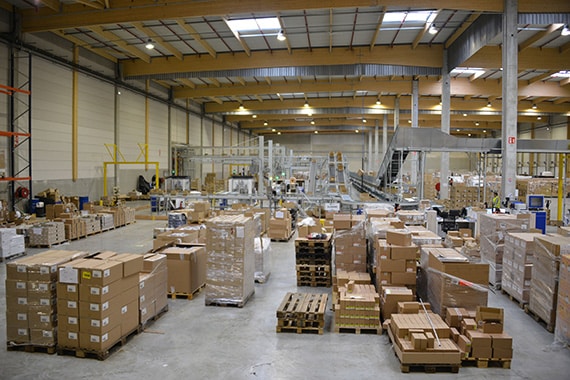A key aspect of WMS and TMS life cycles is their adaptability
Conventionally, a WMS or TMS offers a more or less limited set of parameters with modifiable values. Two major drawbacks:
1. You generally need to have a complete command of the tool to amend these parameters because they are often spread across the solution’s various screens and not centralized.
2. There are very often limited options which entirely satisfy requirements, and in this case the only solution is to make use of a custom development – with the associated costs, delays, risk, and maintenance.
The ODATiO® rules engine: intuitive and highly configurable
This is where ODATiO® offers a unique and fully user-configurable business rules engine. This rules engine allows users to independently define and amend their business rules, with no limits on the number of business-related parameters and without the need for any prior technical knowledge.
ODATiO® is supplied with a set of rules and default behaviors, which can be adapted to the circumstances of each distribution center. For each rule, the user adds, edits, deletes, and prioritizes the trigger conditions, allowing a particular scheduling profile to be selected, as well as the parameters associated with each profile.
As a result, with ODATiO® the user has complete control over their business rules, ensuring the scheduling system seamlessly adapts to updates in their activities.
A rule can be summarized as:
- A question for defining a use case: “When I am in a particular situation… ? ”
- A response that applies a behavior: “… I want the system to do this”




